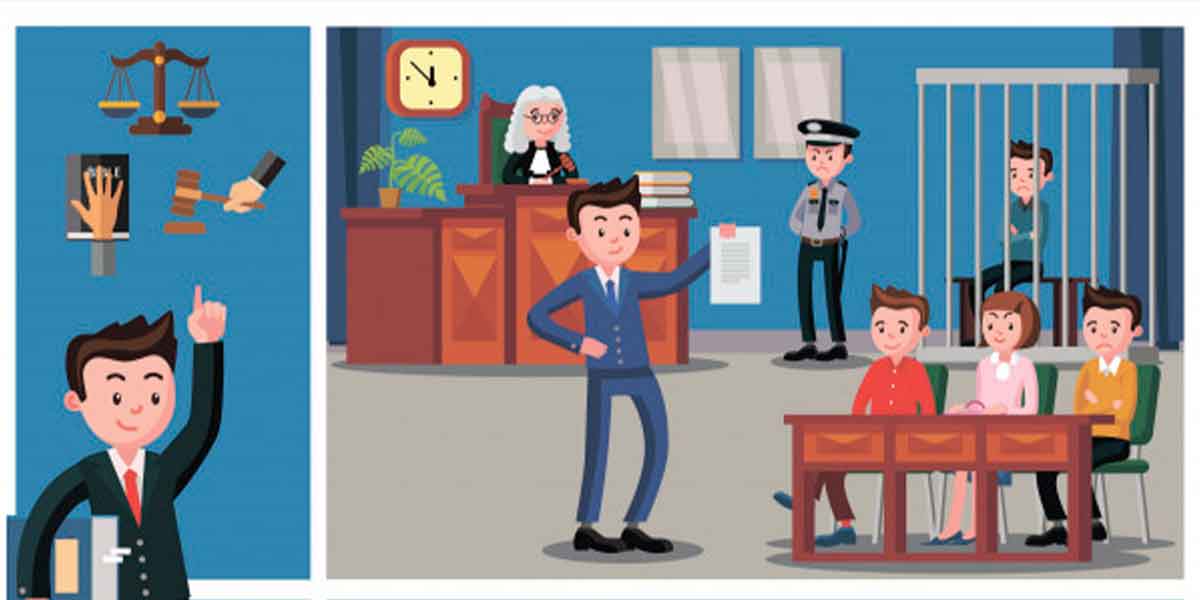Understanding the Probate Process
Dealing with the financial and legal aspects of a loved one’s passing can be overwhelming, especially when it involves the probate procedure. It is crucial for family members to grasp the intricacies of this process to avoid any unexpected surprises.
Common questions that arise include who will oversee the will after the individual’s death, how to bypass the lengthy probate process, and what happens if there is no will in place. Avoiding probate can lead to significant cost savings, expedite asset transfers to beneficiaries, and maintain family privacy.
Exploring Probate and its Implications
Probate is a legal process that manages the estate of a deceased individual, ensuring the validity of the will, executing the deceased’s instructions, and settling any outstanding taxes. Having a will simplifies the distribution of assets among beneficiaries and designates an executor to carry out the deceased’s wishes.
While avoiding probate offers advantages such as faster access to funds for beneficiaries, reduced fees, and confidentiality of asset distribution, there are benefits to undergoing the probate process:
- Clarifies the deceased’s intentions and ensures compliance with state laws
- Facilitates leaving assets to organizations and specific beneficiaries
- Limits creditors’ ability to claim debts against the estate
Deciding whether to go through probate or avoid it depends on individual circumstances. Planning ahead by creating a will can help communicate wishes, alleviate stress, and prevent disputes among heirs.
Strategies for Avoiding Probate
Avoiding probate can be achieved through various methods, tailored to individual preferences and state regulations. Some approaches include:
1. Understanding state exemption levels and expedited procedures for small estates
2. Gifting assets during one’s lifetime to reduce the estate subject to probate
3. Establishing a living trust to hold assets outside of the probate process
While these strategies can be effective, seeking guidance from a knowledgeable attorney specializing in estate planning is advisable to ensure a smooth transition and compliance with legal requirements.




